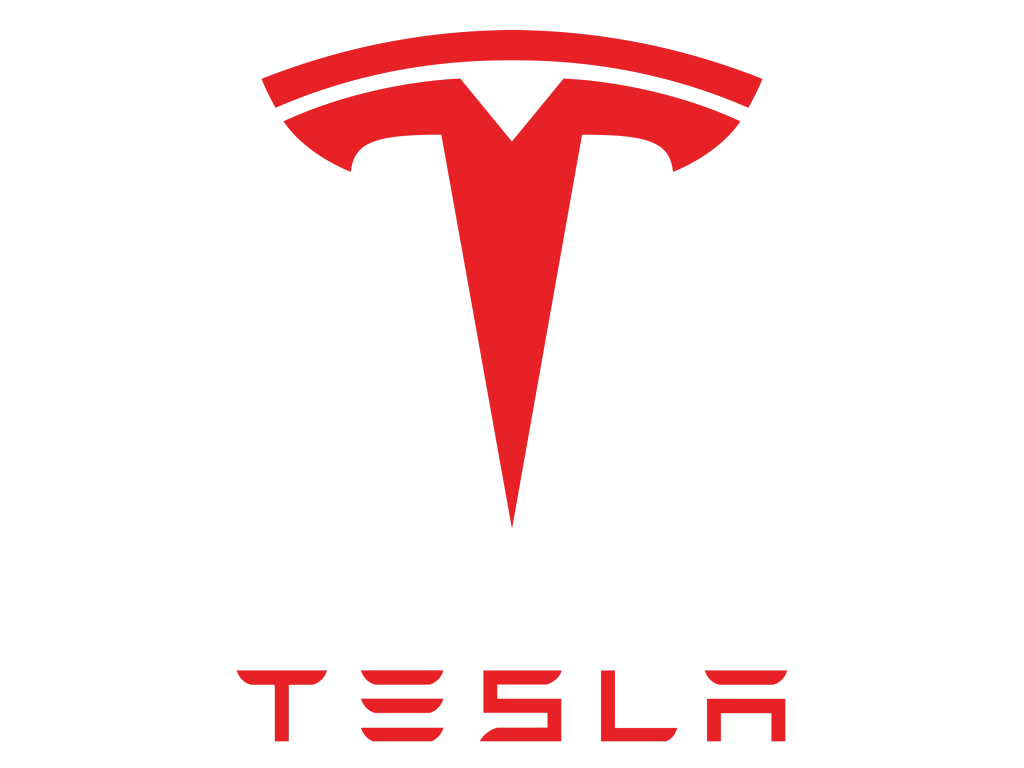EV charging station stocks are for green energy enthusiasts who are genuinely in it for the long term.
Currently, EV charging station stocks are bloated and facing headwinds from a financial standpoint. However, massive government subsidies highlight EV chargers’ critical role in the green energy transition. This indicates that EV charging companies have a high chance of surviving while they figure out the right business model.
So, how do you invest in EV charging station stocks? Which are the most promising ones right now? And most importantly, should you pursue this form of investment?
Table of Contents
Can I invest in EV charging station stocks?
Nowadays, investing is accessible to all. There are various online stock trading platforms to choose from to begin your investing journey. Our top picks include:
- Fidelity.
- T.D. Ameritrade.
- E*Trade.
- Charles Schwab.
- Vanguard.
How to invest in EV charging station stocks
There are endless methodologies out there telling you how to profit from stocks. The decision of which one to pick depends on your risk appetite and learning capacity.
In the world of stock markets, a person falls along the spectrum between an investor and a day trader.
Simply put, investors are people whose ultimate goal is to gradually build wealth long-term through buying and holding assets (in our case, EV charging station stocks).
On the flip side, day traders use charts, quantitative analysis, tactics, and current events to speculate which stocks will yield maximum returns near-term.
However, stock traders and investors still work around a framework that begins with qualitative analysis.
Starting your investing process with these ten questions by David Stein will help you determine whether a stock or industry is promising. It may also help you discover your temperament as an investor.
1. What are EV charging station stocks?
EV charging station stocks are shares of a company that provides services related to EV charging stations. The most common form of business models of EV charging station stock companies include the following:
- Build, operate and maintain public EV charging infrastructures.
- Integrate EV chargers into strategic locations like malls.
- Creating a platform for the car, user, building, power system, and charger.
2. Is it investing, speculating, or gambling?
So are EV charging station stocks an investment, speculation, or gambling?
Opinions vary. From our perspective, EV charging station stocks are still speculation, given the uncertainties around the BEV charging business model. More on this later.
3. What’s the upside?
Like green energy stocks, EV charging station stocks enjoy rock-solid support from national governments worldwide.
Their success also correlates with the number of deployed battery-electric vehicles (BEVs). This is not a problem, considering many people feel bullish about BEVs.
In 2021 alone, BEV sales doubled, increasing the number of EVs worldwide to 16.5 million, while EV charging stations are a measly 1.8 Million.
Conclusion: Generous incentives to accelerate EV charging infrastructures and enticing public sentiments toward BEV transition translate to massive cash flows going to EV charging station stocks.
4. What’s the downside?
For the skeptic investor, one has to look beyond the hype and gross revenues. The downside of owning EV charging station stocks lies within their business model.
Despite considerable backing from the government, the most popular companies in the EV charging space are still figuring out how to convert gross sales to profits that match their current market valuations.
The bottom line: While the government provides grants and rebates to EV charging station stock companies, a profitable long-term business model is unclear. As of this rating, most EV charging companies have ridiculous P/S and P/E ratios, suggesting inflated market valuations.
5. Who’s on the other side of the trade?
Who has the potential to profit from your investment? Let’s start with the most obvious one. The companies themselves are the main benefactors.
Having investment funds from the stock market allows a company to invest in its growth. Your money’s growth depends on its long-term success and perceived market valuations near-term.
Other groups on the other side of the trade are the day traders that can cause fluctuations in the EV charging company’s stock price.
6. What’s the investment vehicle?
EV charging station stocks fall under the stock asset class category. These are volatile assets compared to other types like bonds.
7. What does it take to be successful?
Right now, the most crucial aspect EV charging station stock companies need to address is having a business model that rakes in tasty margins.
Aside from positioning themselves strategically with competition in mind, they must figure out how to meet their bottom-line targets without relying on long-term government funding.
Aside from this, EV charging companies need to address the main obstacles preventing consumers from buying BEVs. These are:
- Lack of charging stations.
- Affordable, fast chargers.
Related reading: At What Voltage Should You Charge An Electric car?
8. Who’s getting a cut?
Hypothetically, when you invest in EV charging station companies and make profits long-term, your return on investment also comes with fees and taxes.
What are they?
For starters, profits you make from your portfolio are subject to near-term or long-term capital gains tax by the government. On the other hand, if you’re picking mutual funds or ETFs, you are paying fund managers annual fees to handle your investment.
Annual fees are no joke. Please check how much a broker or a fund manager charges you before you buy their financial products.
9. How do these stocks impact your portfolio?
We don’t know much about you.
You could be someone who maxes out their 401k on Fidelity Stock ETFs.
It’s also possible you like high-risk, high-reward scenarios — you thrive on volatility!
Alternatively, given the recent U.S. bear market, you could be a retiree who wants more stability from your retirement savings.
Whatever the case, adding EV charging station stocks to your portfolio increases its volatility. It’s up to you to decide if you want to take on more volatility in exchange for greater potential rewards.
10. Should you invest in EV charging station stocks?
We aren’t convinced that EV charging station stocks are a way to invest your hard-earned cash — at least not yet.
Don’t get us wrong, BEVs are still the future, but making money from them now as a stock investor isn’t viable, as it’ll take decades for everyone to shift to electric cars.
This is expected. Solar took seven decades to be viable. The same goes for lithium-ion. Great technologies take time to progress and mature commercially.
Which company makes the most EV charging stations?
Chargepoint has the largest charging network in the U.S., with 30,000 charging stations in its company portfolio.
However, according to Electrek, China has the largest EV charging network, having over 2.2. million charging stations nationwide.
7 best EV charging stocks to buy
In the event that you’re a budding day trader who is confident in their analysis skills, these are the top EV charging stocks we suggest you begin with:
1. Tesla

| Company | Tesla, Inc. |
| Ticker Symbol | TSLA |
| Market Cap | $549.58 Billion |
| Forward P/E Ratio | 42.22 |
| Dividend Yield | – |
| 3 Month Average Trading Volume | 1.7 Billion |
2. ChargePoint

| Company | ChargePoint Holdings Inc |
| Ticker Symbol | CHPT |
| Market Cap | $3.656 Billion |
| Forward P/E Ratio | -14.69 |
| Dividend Yield | – |
| 3 Month Average Trading Volume | 190.4 Million |
3. Blink

| Company | Blink Charging Co |
| Ticker Symbol | BLNK |
| Market Cap | $ 666.84 Million |
| Forward P/E Ratio | -6.86 |
| Dividend Yield | – |
| 3 Month Average Trading Volume | 23.53 Million |
4. EVgo

| Company | EVgo Inc |
| Ticker Symbol | EVGO |
| Market Cap | $ 1.52 Billion |
| Forward P/E Ratio | -12.33 |
| Dividend Yield | – |
| 3 Month Average Trading Volume | 38.85 Million |
5. Plug

| Company | Plug Power Inc |
| Ticker Symbol | PLUG |
| Market Cap | $ 7.97 Billion |
| Forward P/E Ratio | -13.45 |
| Dividend Yield | – |
| 3 Month Average Trading Volume | 365.92 Million |
6. Wallbox

| Company | Wallbox NV |
| Ticker Symbol | WBX |
| Market Cap | $ 715.20 Million |
| Forward P/E Ratio | – |
| Dividend Yield | – |
| 3 Month Average Trading Volume | 5.30 Million |
7. Rivian

| Company | Rivian Automotive Inc |
| Ticker Symbol | RIVN |
| Market Cap | $ 26.32 Billion |
| Forward P/E Ratio | -4.07 |
| Dividend Yield | – |
| 3 Month Average Trading Volume | 334.40 Million |
Related reading: How Long Does It Take To Charge An EV? (120V, 220V & 440V)
Final thoughts
Opinions vary, but the BEV industry recently resolved its chicken or egg problem thanks to $2 trillion worth of government support, among others.
Despite this, they still have to jump across another hurdle: to make EV charging profitable.
For the risk-averse, indicators at the moment say that EV charging station stocks are overpriced.
But EV charging stations are part of the green energy scenario. It will be like Wi-Fi in a cafe during the digital age — essential and common.

